
Illustrative: US Ambassador to the UN Nikki Haley voting against a Security Council resolution on Jerusalem on December 18, 2017 – UN photo.
Jerusalem, MINA – The U.S. and Russia, two of the five permanent members of UN Security Council (UNSC), frequently veto draft resolutions designed to allay humanitarian crises, leading to civilian deaths in Palestine and Syria, Anadolu Agency reported.
While the U.S. provides Israel with diplomatic cover by using its veto power, Russia reserves this power for Syria.
Meanwhile, civilians — in both Palestine and Syria — end up paying the price.
The U.S. proposed a draft resolution calling for an independent probe into the recent suspected chemical attack in Syria’s Eastern Ghouta district that left 78 civilians dead.
Also Read: Israeli Attack on Syria Kills 13, Including Women and Children
The resolution, however, was vetoed by Russia at the UNSC.
On Apr. 7, the U.S. — for the second time — vetoed a draft resolution calling for an investigation into excessive force used by Israel that has recently left dozens of Palestinians dead.
To date, the U.S. has vetoed at least 40 draft resolutions critical of Israel. Thirty of these sought to warn or condemn Israel for its occupation of Palestinian land.
Since 2011, when the civil war erupted in Syria, Russia has vetoed 12 draft resolutions critical of Syria’s Assad regime.
Also Read: Bin Salman: Normalization With Israel Only Possible With Concrete Guarantees of Palestinian State
On Jan. 23, 1976, the U.S. — for the first time — vetoed a UNSC draft resolution on the Palestinian issue.
That draft had called for the establishment of an independent Palestinian state, for Palestinian refugees in neighboring countries to return to their homes, and for compensation to be paid to those who couldn’t return.
It also called on Israel to withdraw from territory it occupied in 1967.
At around the same time, the U.S. vetoed a draft resolution on Jerusalem that had called on Israel to refrain from altering the city’s religious and demographic character.
Also Read: Syrian President Rejects Federalism, Says Coastal Region Remains National Priority
U.S. President Donald Trump’s recent decision to recognize Jerusalem as Israel’s capital was also mentioned in a draft resolution in January, but that, too, was also vetoed by Washington.
Russia, for its part, has used its veto power to prevent sanctions from being placed on the Syrian regime, which is said to have used chemical weapons against its own people.
The first time Russia used its veto power this way was on Oct. 4, 2011, when both Moscow and Beijing vetoed a draft resolution calling for sanctions against the Assad regime.
In May 2014, France proposed a draft resolution demanding that Assad regime officials be tried in the International Court of Human Rights for alleged war crimes.
Also Read: Syria, Jordan Condemn Netanyahu’s Visit to Occupied Syrian Buffer Zone
But this draft resolution, too, was vetoed by both Russia and China.
And on Tuesday, Russia vetoed a draft resolution that would have established a committee tasked with determining who was responsible for the suspected chemical attack in Syria.
Civilians pay price
Washington and Russia’s protection of Israel and Assad respectively has only aggravated the crises in both countries.
Also Read: UNIFIL Reports Over 7,300 Israeli Violations of Lebanese Airspace Since Ceasefire
Encouraged by the U.S. vetoes, Israel has maintained its oppressive policies by which some 5.3 million Palestinians continue to live as refugees.
According to Palestinian figures, more than 3,000 Palestinian children have been killed by Israeli troops since the start of 2000.
Since Gaza’s “Great Return” rallies kicked off on Mar. 30, at least 35 Palestinians have been killed by cross-border Israeli gunfire, while 3,000 others have been injured.
Blockaded by Israel since 2007, the Gaza Strip’s roughly two million inhabitants continue to live in what observers describe as “the world’s largest outdoor prison”.
Also Read: Russia Condemns UN Gaza Resolution, Says It Contradicts Palestinian Statehood
Conditions in Syria are even worse, with half of the population having been reduced to refugees amid ongoing violence by the regime and the Daesh and YPG/PKK terrorist groups. (T/RS5/RS1)
Mi’raj Islamic News Agency (MINA)
Also Read: Israeli Airstrike on Palestinian Refugee Camp in Lebanon Kills 13





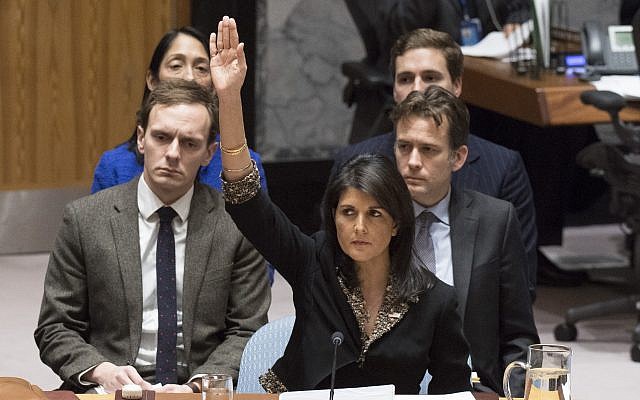


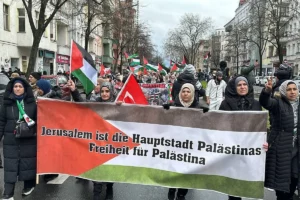

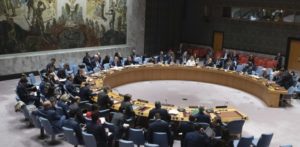

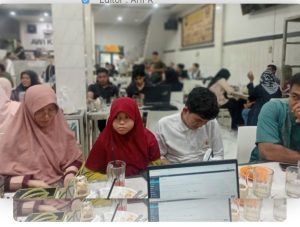
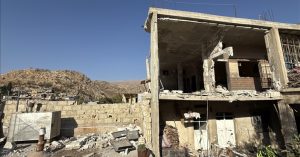
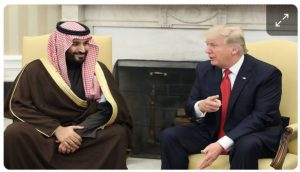

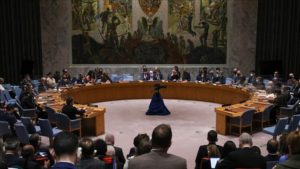


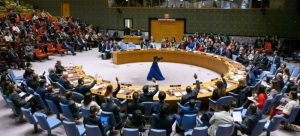
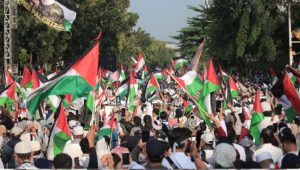








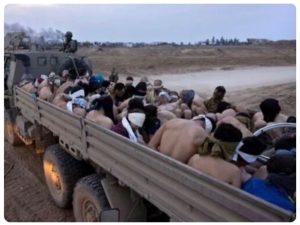






 Mina Indonesia
Mina Indonesia Mina Arabic
Mina Arabic